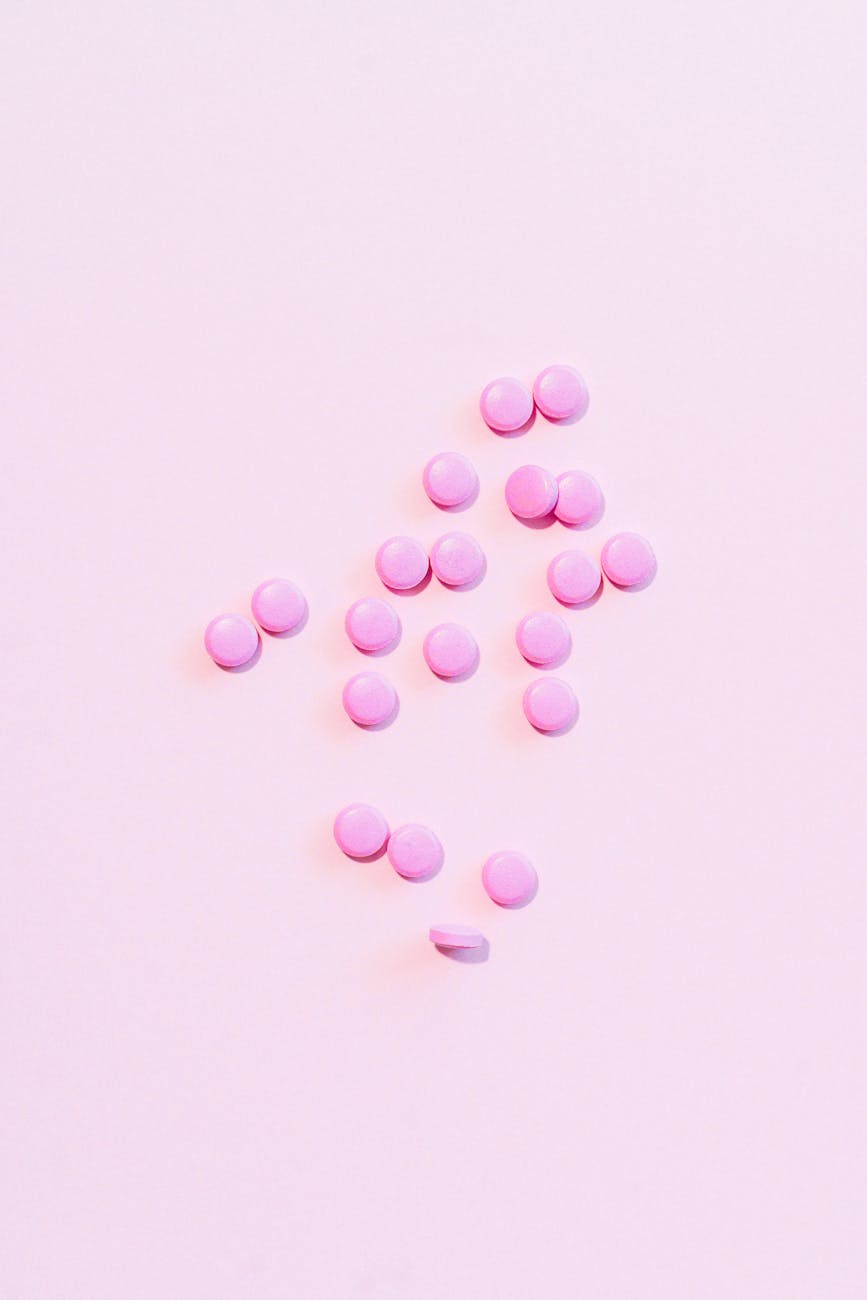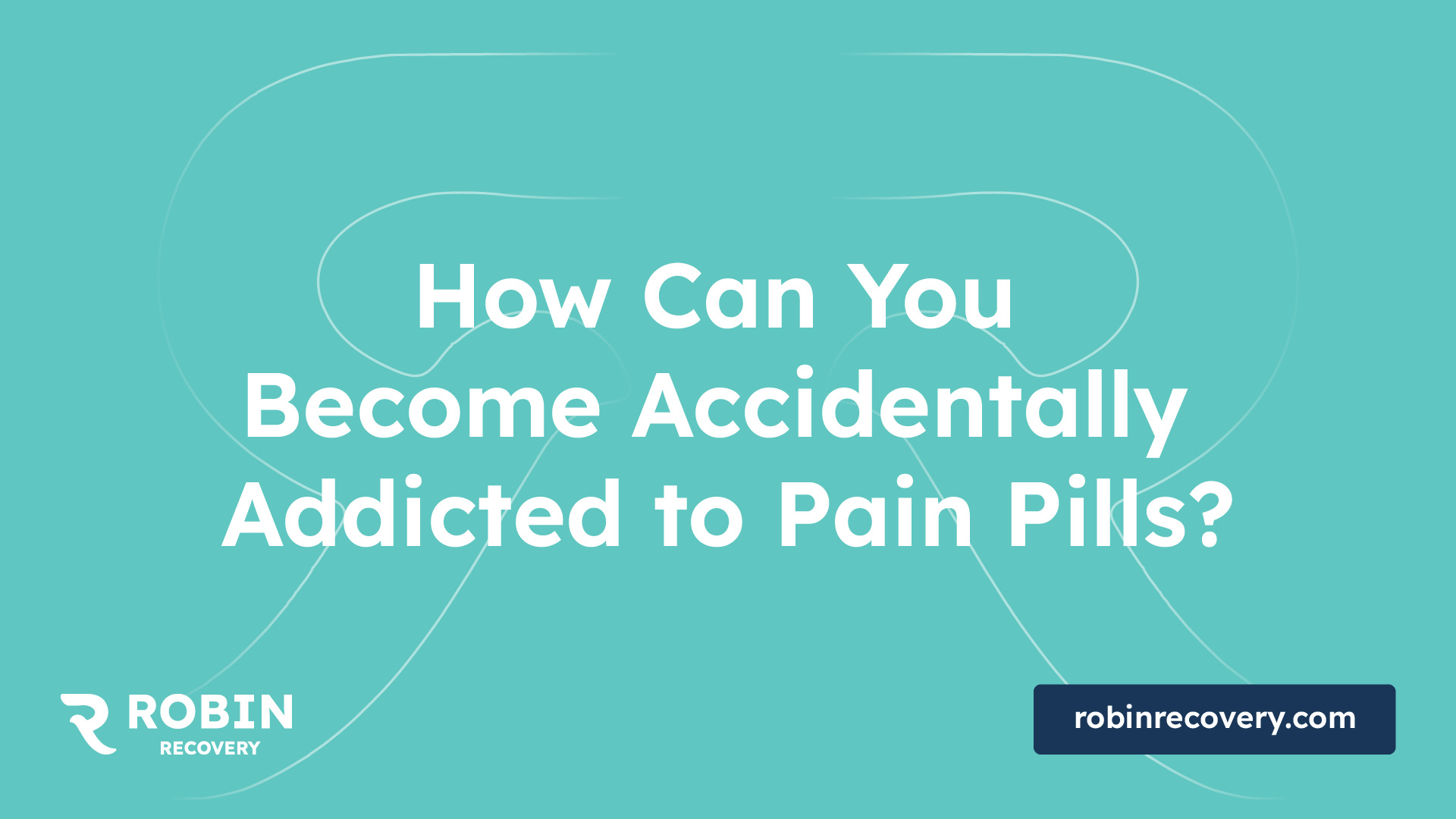How Can You Become Accidentally Addicted to Pain Pills?

Understanding Addiction

What Is Addiction?
Addiction is a complex, chronic disease characterized by compulsive drug seeking and use despite harmful consequences. It leads to long-lasting changes in the brain's structure and function, affecting one's ability to resist the urge to use substances. According to the National Institute on Drug Abuse, addiction often manifests itself through a pattern of behavior that includes an uncontrollable craving for drugs and continuing to use them regardless of the negative impacts on health, relationships, or responsibilities.
Most substances, including prescription opioids, interact with the brain's reward circuit by flooding it with the neurotransmitter dopamine. This results in pleasurable feelings, or euphoria. Over time, with continued use, the brain's ability to derive pleasure from everyday activities diminishes, leading individuals to rely more heavily on drugs to achieve the same high.
Impacts of Addiction
The impacts of addiction are profound and multifaceted, affecting not just the individual but also their family, workplace, and society as a whole. Long-term drug use causes changes in various brain chemical systems and circuits, which can impair functions such as decision-making, judgment, memory, and behavior control. Some key impacts of addiction include:
Impact AreasDescriptionPhysical HealthChronic diseases, infectious diseases, and injuries.Mental HealthAnxiety, depression, and other mood disorders.RelationshipsStrain on family and friendships, loss of trust.EmploymentDecreased productivity and increased absenteeism.Economic CostsHigh costs of healthcare, legal issues, and lost wages.
The effects of opioid addiction have become particularly alarming in the United States, leading to widespread misuse of prescription pain medicines [1]. Addressing the question of how can you become accidentally addicted to pain pills?, it is essential to recognize the risks associated with the misuse of these medications, especially when taken without proper guidance or for extended periods.
Recognizing the complex nature of addiction can help in fostering a better understanding and compassion for those affected, as well as promoting effective measures for prevention and recovery.
Prescription Opioids and Addiction
Prescription opioids, including medications such as oxycodone, hydrocodone, morphine, and fentanyl, are powerful pain relievers that can lead to misuse and addiction. Understanding the risk factors and effects associated with these substances is essential for preventing unwanted dependency.
Risk Factors for Prescription Opioid Addiction
Certain individuals may be more susceptible to developing an addiction to prescription opioids. Key risk factors include:
Risk FactorDescriptionOlder AdultsHigher risk due to multiple prescriptions and interactionsChronic Health ConditionsMay require ongoing pain managementMental Health DisordersIncreased likelihood of self-medicationPrevious Substance UseHistory of substance use increases risk
Effects of Prescription Opioid Addiction
The effects of addiction to prescription opioids are profound and can severely impact an individual's quality of life. Those addicted may experience:
Identifying these risk factors and understanding the gravity of the effects of prescription opioid addiction are vital steps in addressing the issue of opioid misuse. By being informed, individuals can take preventative measures and seek help if needed. For further insights on how to manage boundary-setting related to addiction, consider reading about how to set boundaries with a spouse battling alcoholism.
Addiction Development
Understanding how addiction develops is essential in addressing the question of how can you become accidentally addicted to pain pills?. Two key concepts in this process are tolerance and dependence, followed by the transition to addiction.
Tolerance and Dependence
Tolerance occurs when the body becomes accustomed to a drug over time. With repeated use of prescription opioids, individuals may find that they require higher doses to achieve the same effects. This phenomenon happens because the neurons in the brain adapt to the presence of the drug, meaning they only function properly when opioids are in the system. As a result, the absence of the drug can lead to various physiological reactions, which can range from mild discomfort to severe withdrawal symptoms.
Dependence develops when the body relies on the drug to function normally. If an individual who has built a tolerance suddenly stops taking the drug or reduces their dosage, they may experience withdrawal symptoms. These symptoms can vary significantly in severity, particularly depending on the drug involved. For instance, dependence on opioids can lead to intense cravings and symptoms that can be life-threatening [2].
Type of ReactionDescriptionMildDiscomfort, anxietyModerateSweating, muscle achesSevereNausea, vomiting, seizures
Transition to Addiction
The transition from tolerance and dependence to full addiction is complex. While not everyone who becomes dependent on opioids will become addicted, the risk increases significantly with prolonged use. Addiction is classified as a treatable chronic disease, although it is generally not curable. Individuals recovering from addiction remain at risk for relapse for years, if not throughout their lives.
Addiction is characterized by compulsive drug-seeking behavior and use, despite harmful consequences. When a person becomes addicted, the need for the drug often overrides their ability to make rational decisions. At this stage, the individual may prioritize obtaining and using the drug above other essential aspects of life, such as work, relationships, and health.
Combining addiction treatment medications with behavioral therapy can offer the best chance of success for individuals struggling with addiction. This comprehensive approach helps individuals address the root causes of their substance use while developing strategies for long-term recovery.
Understanding these aspects of tolerance, dependence, and the transition to addiction can help individuals and loved ones recognize the potential risks associated with the use of prescription opioids. For further insights into treatment options, consider exploring topics like the history of xanax or what are some examples of powerlessness?.
Overcoming Addiction
Addressing opioid use disorder (OUD) is critical for individuals affected by opioid addiction. There are two main strategies for managing this condition: treatment options that include medications and behavioral therapy.
Treatment of Opioid Use Disorder
The treatment of opioid use disorder often involves a combination of medications aimed at reducing cravings and blocking the euphoric effects of opioids. Commonly used medications include methadone, buprenorphine, and naltrexone. These medications are therapeutic agents and not substitutes for opioid use, helping individuals to discontinue substance usage effectively.
MedicationPurposeMethadoneReduces cravings and withdrawal symptoms.BuprenorphinePartial agonist that decreases cravings and reduces the effects of opioids.NaltrexoneBlocks the euphoric effects of opioids, preventing misuse.
This structured approach is essential in managing addiction, especially given that repeated misuse of prescription opioids can lead to a substance use disorder (SUD), which is characterized by a range of severities from mild to severe [2]. The goal of treatment is to stabilize the individual, reduce the risk of relapse, and restore functioning in various areas of life.
Behavioral Therapy and Medications
In addition to pharmacological interventions, behavioral therapy plays a crucial role in the treatment of opioid use disorder. Therapeutic practices can help individuals develop coping strategies, understand triggers for substance use, and address underlying psychological issues contributing to their addiction.
Different forms of behavioral therapy include:
Combining these therapies with medication not only addresses the physical aspects of addiction but also tackles the emotional and psychological components that can lead to relapse. Individuals are encouraged to seek support through comprehensive treatment plans which often involve both medication and therapy. For more about managing addiction, you can explore resources on how to set boundaries with a spouse battling alcoholism and considerations surrounding medication use.
Combining therapeutic interventions with medications aids in promoting long-term recovery and managing the risk of becoming accidentally addicted to pain pills. Understanding these strategies can empower individuals and their families as they navigate the complexities of addiction recovery.
Preventing Addiction
Preventing accidental addiction to pain pills requires awareness and responsible practices. Understanding tolerance and employing responsible medication use are key strategies in this effort.
Tolerance Awareness
Awareness of tolerance is crucial for anyone using prescription opioids. Tolerance occurs when an individual’s body becomes accustomed to a drug, necessitating higher doses to achieve the same effect. This can inadvertently lead to increased use and a greater risk of addiction. Older adults are particularly vulnerable due to factors such as multiple prescriptions and chronic medical conditions, which can complicate medication management and lead to drug interactions [2].
GroupRisk FactorsOlder AdultsMultiple prescriptions, chronic diseases, slowed metabolismTeens and Young AdultsHigher propensity for misuse of prescribed medications
Awareness of these risks can help individuals make informed decisions about their pain management. Monitoring one’s usage pattern and being cautious about escalating doses can mitigate the likelihood of developing tolerance.
Responsible Medication Use
Responsible use of medication can significantly reduce the risk of accidental addiction. This includes adhering strictly to prescribed dosages and not sharing medication with others. Opioid addiction has escalated alarmingly in the United States, with misuse becoming rampant [1].
Here are some guidelines for responsible medication use:
Serious consequences of misusing prescription drugs include physical dependence, addiction, and heightened risks of overdose or death, especially when drugs are taken irresponsibly [5]. Taking these preventive measures can help ensure that pain management remains safe and effective, steering clear of the path toward addiction.
For more information on the implications of substance misuse, you might find interest in our articles discussing the history of xanax and 5 of the most surprising statistics about drug abuse in the US.
Responding to Overdose
Signs of Opioid Overdose
Recognizing the signs of an opioid overdose is critical for effective intervention. If an individual is suspected of overdosing, it is imperative to act quickly and seek emergency assistance. Some common signs of opioid overdose include:
SignDescriptionSlow or Shallow BreathingBreathing may drop below 10 breaths per minute or become irregular.Pale and Clammy SkinSkin may appear ashy or pale, sometimes accompanied by a bluish hue.Snoring or GurglingNoises that resemble snoring or gurgling may occur while the individual is sleeping.UnresponsiveThe person may not respond to shouting or physical stimulation, such as shaking.
If any of these symptoms are observed, calling 911 is essential.
Administering Narcan
Narcan, a prescription medication, can reverse the effects of opioids and restore the individual’s breathing. It is a crucial tool for responding to an overdose and can save lives if administered promptly. Here is a step-by-step guide on administering Narcan:
Narcan may require more than one dose, particularly in cases of high opioid concentrations in the body.
Taking these steps can significantly improve the chances of survival in the event of an opioid overdose. Awareness and preparedness can make all the difference in these critical situations. For more information on addiction support, consider exploring resources related to Opioid Use Disorder.
References
[2]:
[3]:
[4]:
[5]:
[6]:
